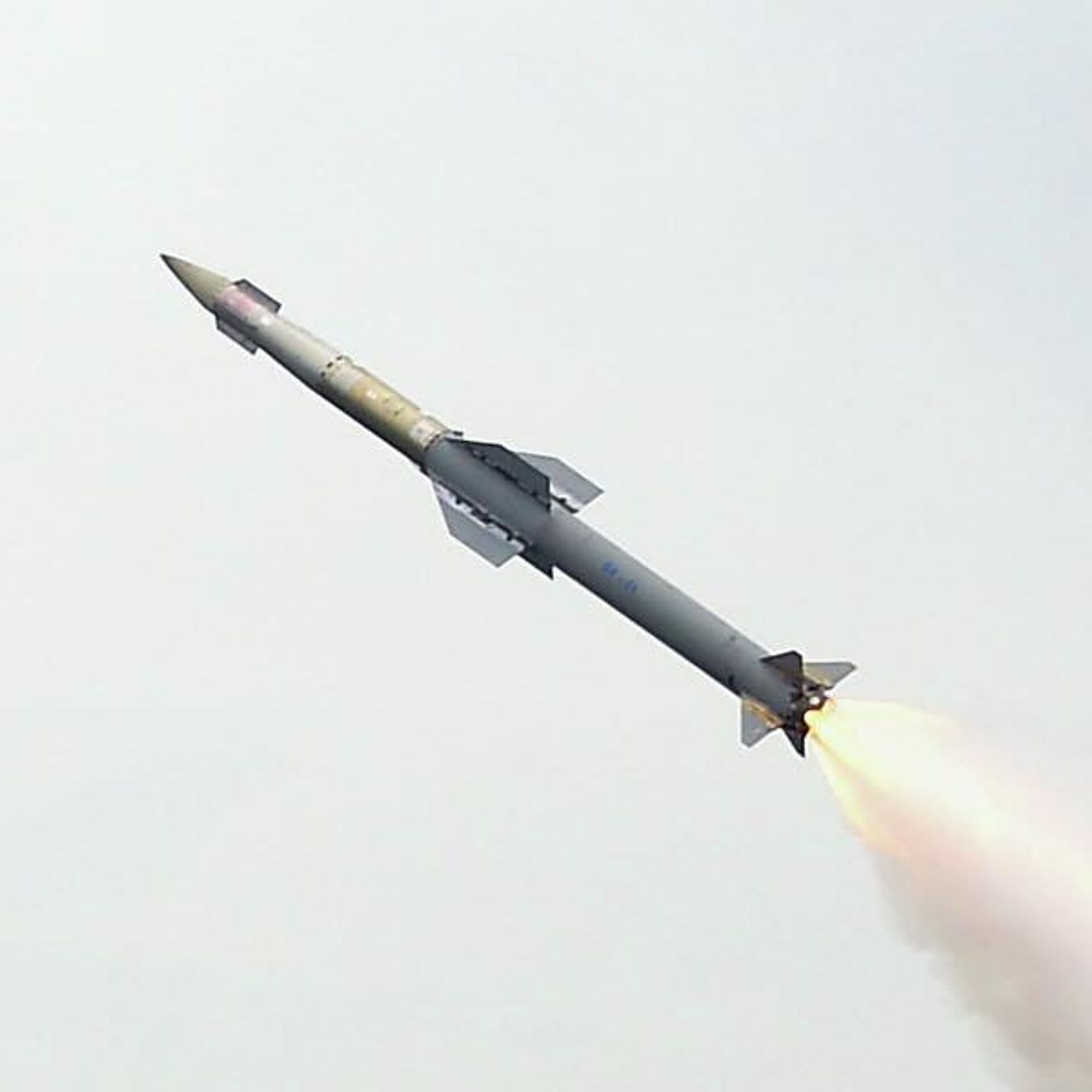SOURCE: IDRW.ORG TEAM


The Defence Research and Development Organisation (DRDO) is gearing up for a significant revamp, aimed at boosting India’s military technology development and leveraging private sector expertise. This strategic shift presents both opportunities and challenges, and is key to India’s ambition of achieving self-reliance in advanced defence technologies.
One key aspect of the revamp is streamlining DRDO’s focus. Low-hanging defence programs, characterized as relatively simpler technologies, will be transferred to private sector companies. This frees up DRDO resources and expertise to delve deeper into cutting-edge technologies, like hypersonic weapons, directed energy weapons, and advanced cyber defense systems.
However, DRDO will retain complete control over the country’s missile development program, a strategic decision reflecting the sensitivity of this domain. This encompasses missiles of all sizes, from the smallest Unmanned Aerial Vehicle (UAV)-fired ones to the advanced Intercontinental Ballistic Missile (ICBM).
While DRDO will steer missile development, production will be divided strategically. Missiles likely to see extensive use in wartime and requiring rapid replenishment will be produced by private companies. Their agility and efficiency are expected to significantly boost production rates during conflict situations. This also minimizes dependence on public sector monopolies and potentially reduces production costs.
Production of highly sophisticated missiles like ICBMs and other ballistic missiles will remain with public sector companies. This ensures government control over sensitive production lines and protects classified information vital to these advanced programs.
This restructuring presents both advantages and potential challenges. While private sector involvement promises to increase production speed and access to new technologies, concerns about intellectual property rights and safeguarding sensitive information need to be addressed effectively.
The success of DRDO’s revamp hinges on fostering a collaborative environment between public and private sectors. Clear guidelines, transparent communication, and robust measures to protect sensitive information are crucial. This partnership can empower India to achieve self-reliance in advanced military technology while maintaining national security.
NOTE : Article cannot be reproduced without written permission of idrw.org in any form even for YouTube Videos to avoid Copy right strikes. Websites doing illegal reproductions will get DCMA and Legal Notices.